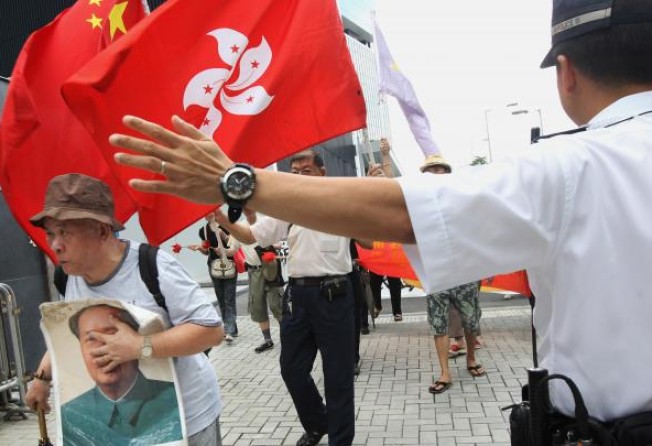Department of Justice's proposal on right of abode is worrisome

Hong Kong's rule of law is facing yet another serious challenge. After months of speculation, the government revealed how it intends to resolve the right of abode disputes involving foreign domestic helpers and mainlanders giving birth here. In a disturbing move, it is asking the Court of Final Appeal, before ruling on the maid case, to seek a clarification from the National People's Congress Standing Committee on its interpretation of the abode provisions in the Basic Law in 1999. The request, if accepted by the city's top court and, subsequently, the standing committee in Beijing, will not just put an end to the helpers' fight for permanent residency. It may also effectively overturn the court ruling 11 years ago confirming the right of abode for babies born to mainlanders in Hong Kong.
The move is highly controversial in that the issues concerned do not seem to fall outside the city's autonomy and warrant Beijing's intervention. That the government is seeking to settle the eligibility of two different groups of people in one court case is also open to question. More worryingly, the clarification being sought may be seen as asking judges to admit they were wrong not to take the 1999 interpretation regarding a Preparatory Committee's report on the legislative intent of the abode provisions as binding. Worse, if a report by a political body after the Basic Law has been promulgated becomes legally binding, it may set a dangerous precedent.
Secretary for Justice Rimsky Yuen Kwok-keung argues that the request will not undermine judicial independence and the rule of law, saying it is handled within our judicial system. Arguably, in a legal battle, the government is entitled to put forward its argument like other appellants. After all, it is up to the court to decide, after considering all the arguments put forward by the parties concerned. But it would not be surprising if the government is seen as putting undue pressure on judges in such case.
For many local residents, a request for Beijing's interpretation may be a convenient solution to stop maids and mainlanders from sharing the same rights and benefits. But the rule of law is not made for the convenience of the majority. The judiciary has the duty to protect legitimate rights of individuals and ensure the government is acting on the right side of the law. It is imperative for the top court to consider carefully whether the clarification is a right step to take within the law.